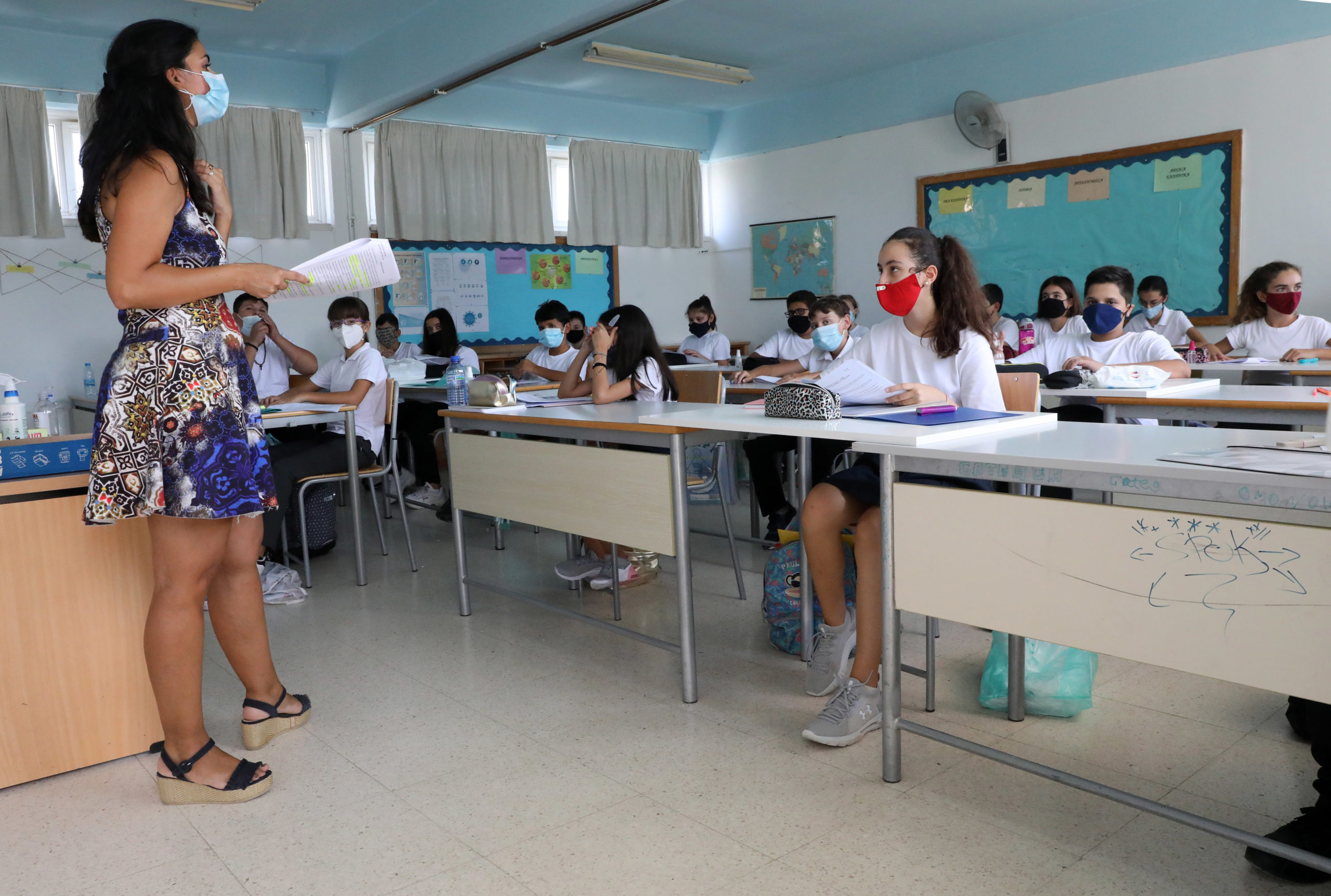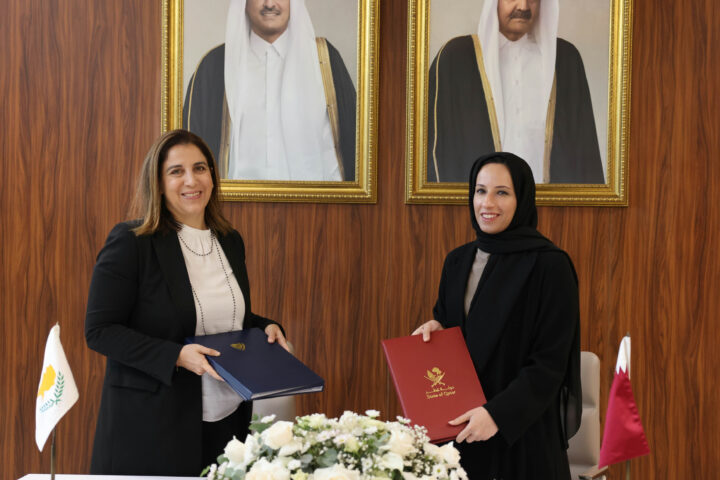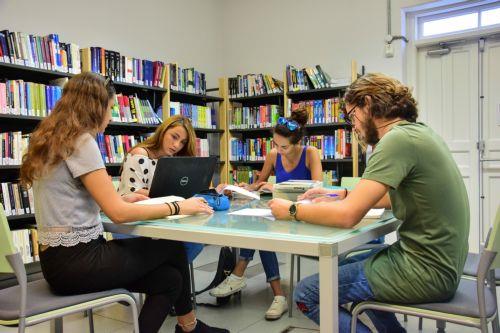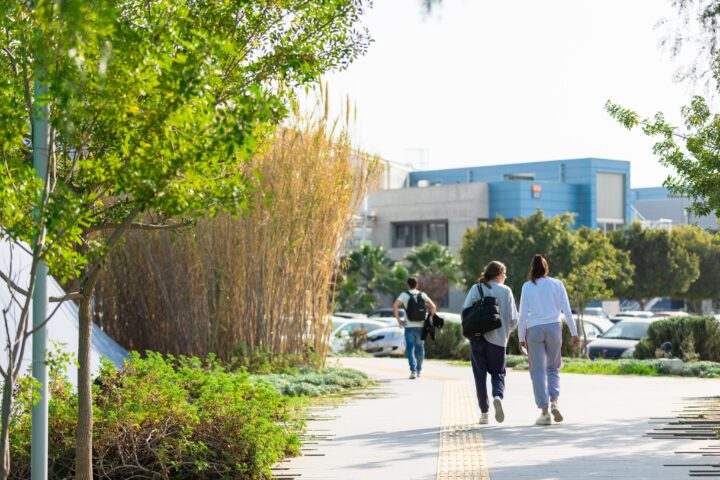By Nicolaos Artemis
The pandemic has redefined our reality in recent months as it has affected every aspect of human activity.
Education as a whole and schools, in particular, are no exception.
Much has been said about individual schools’ ability to respond to the demands of the times and particular emphasis has been given to the benefits and drawbacks of distance teaching with the use of technology.
This discourse involves only a specific aspect of the educational process.
The biggest and, arguably, most important issue we are called to dwell upon is the redefinition of the school that we want: how can we use the present crisis as an opportunity to transform and modernise our schools?
It is imperative for us to realise how the current and future social realities are different from past prevailing conditions and that schools should adapt accordingly.
The ultimate goal is, of course, to provide a holistic education: multi-faceted and balanced growth of the youth, freedom of expressing and developing ideas, total respect of individual choices and belief in timeless, constant values and ideals.
The way to accomplish this today diverges from past realities and expectations.
Unfortunately, we often strive for utilitarian knowledge which would lead to success in exams and subsequently ensure one’s professional security.
In doing so, we lose our understanding of the primary meaning and vision of education.
We do not pursue the truth, research, universal knowledge, the global, composite response to issues and the shaping of our way of life/modus vivendi.
The schools of the future should be established based on the relationship between teachers and students.
This is a bond which should be defined by decency, mutual respect, trust, and reciprocity.
In collaboration with everyone involved in the educational process – the state, the parents, the local community – teachers and students can build a school community that functions as a second home; one which enhances the learning of essential values and respect for everyone.
It is certainly fundamental to ensure the adequacy of school facilities with a human face, which appeal and cater to all educational needs.
Cultivating talent
This includes functional premises which conform to current educational demands, are equipped with the essential media as well as suitable space to accommodate a variety of activities.
Beyond the acquisition of knowledge, it is important to provide entertainment and the ground for the cultivation of students’ talents and interests.
In the schools of the future, books should be well-written and adapted to present-time requirements.
Teaching can be more interesting and engaging if it is accompanied by appropriate visual material and students can be further motivated through the daily use of new technologies and media.
Technology and its use in education should not, however, be considered as the ultimate goal, as this would demolish the humanitarian nature of the school.
It is vital that we hold on to group assignments and projects which facilitate students’ collaboration, dialogue, exchange of opinions and the promotion of respect towards different perspectives.
The aforementioned would be futile and ineffective if teachers were not adequately informed and equipped to deal with the requirements of our times.
The schools of the future entail the active involvement of teachers who are qualified and well-trained in their field.
They should possess broad knowledge of pedagogy and psychology and should be able to contribute to the student’s mental development as well as pave the way for future opportunities.
They should not just transmit stale information; they ought to be able to inspire and appeal to the students’ mind and soul as well as being involved in the development of free and free-minded citizens.
The uncertainty that has defined recent years, the economic and health crisis, the collapse of values and standards – all these have created relentless doubts and a general feeling of disenchantment and insecurity.
The schools of the future are assertive, creative, progressive, flexible, and adaptable.
They focus on the students and their needs and they can – and should – become the foundation and the leading force for the fundamental change that our society strongly needs and demands.
The writer is Assistant Deputy Head, The International School of Paphos










